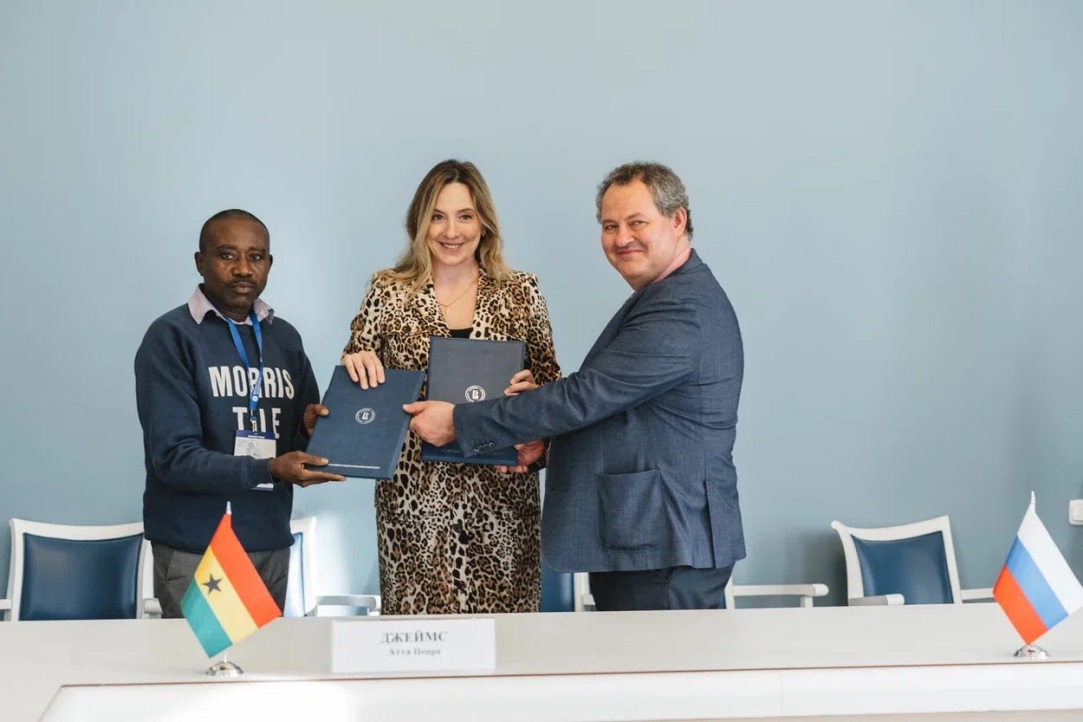.jpg)
Millennials Are Three Times Ahead of Zoomers in the Monetised Creator Economy. Even Boomers Outperform Them. Okay Then…
A group of specialists from the HSE Institute for Cultural Studies, Vitaly Kurennoy, Alexander Suvalko and Maria Figura, have determined two main trends that are actively shaping the image of the creative economy and culture in 2021-2023: the creator economy and the maker economy.

A University's Special Status Is Correlated with a Substantial Increase in Salaries for Graduates
A university education is a highly sought-after commodity in Russia, yet the quality of universities and their programmes varies significantly. This gives rise to risks of inequality, both in the realm of education and in the labour market, and subsequently impacts the returns on higher education, which are manifested in the salaries earned by graduates. According to a study by Ilya Prakhov, Assistant Professor of the HSE Faculty of Economic Sciences, graduates from Russia’s top-tier universities enjoy a distinct advantage. The paper has been published in the International Journal of Educational Development.

Faculty of Economic Sciences to Develop Cooperation with University of Cape Coast
James Atta Peprah, Dean of the School of Economics at the University of Cape Coast (UCC), Ghana, visited HSE University to attend International Partners’ Week and sign a cooperation agreement. In his interview with the HSE News Service, he introduces his university, talks about the prospects of cooperation, and shares some tips for exchange students.
.png)
How the Telephone Conquered the World. Episode Three: Connecting People
Today, we can make a telephone call to anyone, anywhere in the world—but this was not always the case. In this series of columns on IQ.HSE, Anton Basov, HSE Faculty of Computer Science editor, discusses how telephones have become an integral part of our everyday life. The third episode focuses on the evolution of telephone connections, the first subscribers, and the history of the telephone directory.

